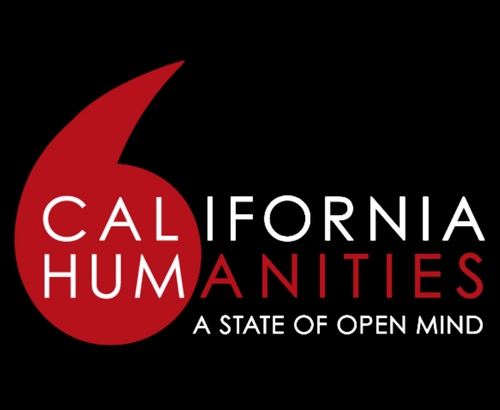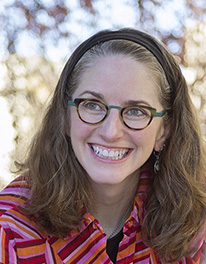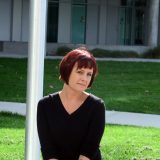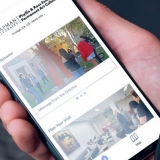
Literature & Medicine Anna Leahy's Experience as a Medical Humanities Facilitator
February 25, 2021
Like many of my colleagues, I adjusted my career trajectory of the past year because the pandemic changed what was possible. Though I was able to hold a month-long writing residency in February, my sabbatical plans for the semester went awry after that. Not everyone can switch research and writing gears quickly, and I was disappointed that my archival research into poetry and illness evaporated, along with another fellowship. Dr. Jennifer Keene, the Dean of Wilkinson College, suggested that I look into collaborations across Wilkinson’s disciplines and those in the health sciences to consider the creation of a medical humanities minor. It turns out that Chapman University has a wealth of expertise in this interdisciplinary area that began to emerge in the 1960s. A group of interested faculty started meeting last spring.
Late last summer, I stumbled, as I often do, into serendipity when I received an email from California Humanities that included an opening for a facilitator in the Literature & Medicine program. In July, I had published an article celebrating the 30th anniversary of the Americans with Disabilities Act at The Washington Post, my award-winning piece about my mother’s cancer had appeared in the Los Angeles Review, and my essay about migraine was set to be in the new anthology So Much More Than a Headache: Understanding Migraine through Literature. I knew the facilitator position was perfect for me when Allison DeVries, Wilkinson’s Manager of Grant Development, forwarded me the same call and urged me to apply.
California Humanities describes the Literature & Medicine program as “a humanities-based professional development program for health care workers that engages hospital staff members in reading and discussion programs facilitated by humanities scholars. Through reading, discussion and reflection, Literature & Medicine invites caregivers to engage in productive conversations that help them better understand and increase their empathy with the experience of their patients and their peers.” As the Los Angeles facilitator, I was charged with meeting with a group of physicians once a month for six months. The liaisons and I decided to keep the group relatively small, in part so that we can all see each other on a laptop when we meet on Zoom. I honed a syllabus with a different focus each month, and we met for the first session in December.
We’re halfway through our sessions now. There’s a core group that shows up at every session, while others join when their schedules allow. During the post-holiday covid surge here in Southern California, for instance, one physician left a session early to pick up a shift in the ICU. I’ve seen firsthand the toll on healthcare workers this past year, not only those treating covid patients in the hospital but on that entire professional community. Whatever material we’re reading, our conversation inevitably turns to the pandemic. That’s where our lives are now, and literature speaks to the human condition not only of when and where it’s written but also of when and where it’s read. Sometimes, a poem moves some of us to tears.
As a group, we’ve focused on short pieces like Jericho Brown’s poem “The Virus,” Layli Long Soldier’s poem “Obligations 2,” Chinua Achebe’s story “The Sacrificial Egg,” and others. I added visual art to the syllabus as well. In February, we read Sonya Huber’s book of essays called Pain Woman Takes Your Keys, and I asked the author to join us for part of that session. That reading and conversation led the group to question assumptions about how we measure and treat pain. I’ve come to understand that the Literature & Medicine program complements and enriches the biomedical model that shapes how physicians think about and interact with patients. Creating a medical humanities minor seems more important than ever for Chapman students.
Of course, because my expertise is creative writing, I added writing prompts to the beginning of each session. That gives participants a way to put the rest of the day aside and collect their thoughts. Often, this writing helps us connect our individual experiences with the literature and art we discuss.
Though I wish the pandemic hadn’t happened, my experience facilitating these discussions during this global health catastrophe has been incredibly rewarding. I remain hopeful too that we’ll be able to meet in person for our final session in May.


